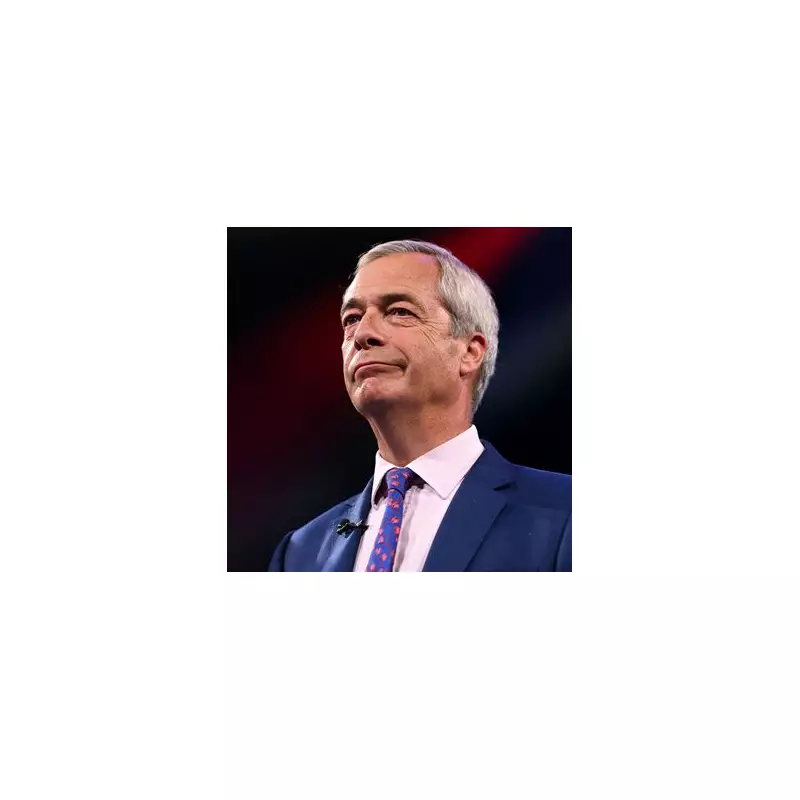
Reform UK leader Nigel Farage is facing a fresh political storm as serious questions emerge about his failure to declare a substantial £35,000 donation from the former chairman of his own Brexit Party.
The controversy centres on a payment made by Catherine Blaiklock in March 2023, which was reportedly intended to support Mr Farage's campaigning efforts. Under strict Electoral Commission rules, any donation over £500 must be formally declared if it is made to support a specific individual's political activities.
Electoral Rules Under Scrutiny
According to documents obtained by the Mirror, the payment was processed through a company called Unlock Democracy Ltd, which is linked to Reform UK's predecessor party. This arrangement has raised eyebrows among transparency campaigners and political opponents alike.
A spokesperson for the Electoral Commission confirmed they are "assessing the case" to determine whether a full investigation is warranted. The outcome could have significant implications for Mr Farage and his party in the midst of a heated general election campaign.
Previous Controversies Resurface
This isn't the first time Mr Farage's financial arrangements have faced scrutiny. In a separate incident, the Electoral Commission previously found him guilty of failing to declare £75,000 in donations from celebrity business investor Julian Dunkerton.
Reform UK chairman Richard Tice has come to Mr Farage's defence, insisting the latest payment was "properly declared as a donation to Reform UK" rather than a personal donation. However, this explanation has done little to satisfy transparency campaigners who argue the distinction is legally significant.
As the general election approaches, this development threatens to overshadow Reform UK's campaign messaging and raises broader questions about financial transparency in British politics.





